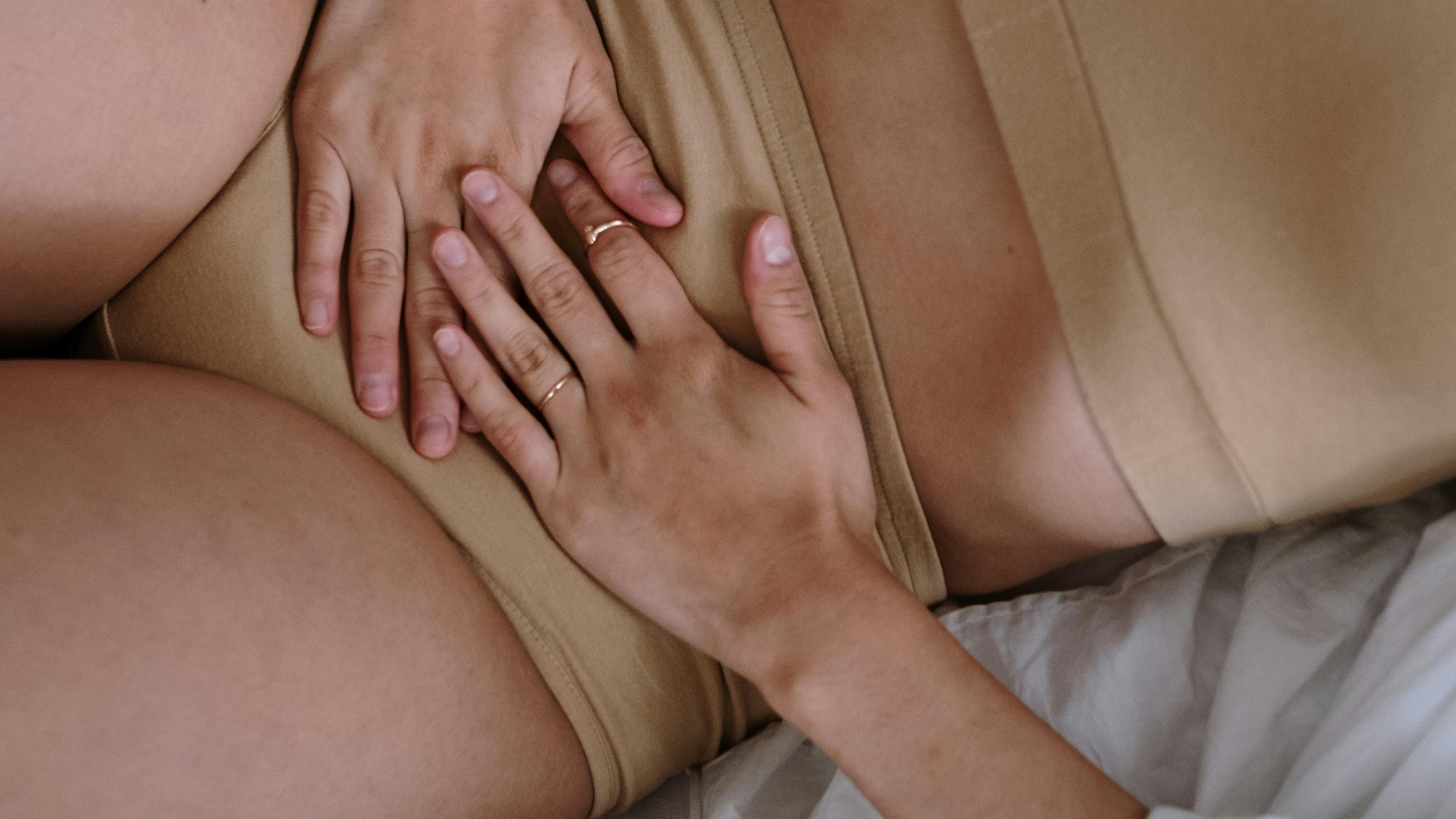Aug 20, 2025
GUIDE TO MANAGING PERIOD PAIN WITHOUT MEDICATION
Period pain is something many of us know all too well. And while reaching for a painkiller might feel like the fastest fix, it’s not your only option. For many, it’s not the first choice either. Whether you’re looking to cut back on medication or simply want to work with your body (not against it), there are natural ways to ease cramps and feel more in control. These practical, research-backed approaches support your cycle, and not suppress it.
Understand What’s Causing the Pain
Starting with what’s going on inside your body might be a good place. Menstrual cramps are caused by contractions in the uterus. These contractions help shed the uterine lining, which is what leads to bleeding. But when the contractions are too intense, they cut off some of the blood supply to the uterus, and that’s when the pain kicks in.
The intensity can vary from person to person and even from month to month. Factors like stress, sleep, diet, and how much you move around can all play a role. Knowing that gives us a few useful levers to pull when trying to reduce the pain naturally.
Heat Therapy
This one’s simple but incredibly effective. Applying warmth to your lower abdomen through a hot water bottle, heating pad, or even a warm bath can help relax the muscles of the uterus and improve blood flow, reducing cramping.
Many people find that using heat provides relief as good as, or even better than, over-the-counter pain meds. The key is consistency: keep the area warm for 15–20 minutes at a time and give your body the chance to unwind.
Gentle Movement
When cramps hit, movement might be the last thing on your mind. But some light movement can help: think stretching, walking, or gentle yoga. These activities get your blood flowing and trigger the release of endorphins, your body’s natural painkillers.
Focus on stretches that open your hips and lower back. Even five minutes can make a difference. Try child’s pose, cat-cow stretches, or laying on your back with your knees hugged to your chest.
Warm Drinks and Hydration
Hydration matters more than we often think. Dehydration can make cramps worse. Sipping warm drinks like ginger tea or chamomile not only keeps you hydrated but also offers added anti-inflammatory or soothing effects.
Ginger is one of those natural remedies for period pain that’s backed by research: it can help reduce the production of prostaglandins, which are the chemicals that make your uterus contract.
Focus on What You Eat
When your body’s already under stress, loading up on highly processed foods, sugar, or too much caffeine can make things worse. Instead, try to fill your meals with whole foods that are rich in magnesium (like leafy greens and nuts), omega-3s (like flaxseeds or salmon), and anti-inflammatory properties (like turmeric or berries).
Some people also find that cutting back on dairy or red meat before and during their period helps reduce bloating and cramping, though this can vary from person to person.
Mind-Body Practices for Relief
Pain isn’t just physical, it’s also tied to how we feel emotionally and mentally. Practices like deep breathing, meditation, and even journaling can help you feel more in control and less overwhelmed.
When the pain starts creeping in, start with simple breathwork. Inhale through your nose for a count of four, hold for four, and exhale for four. It might not make the cramps vanish instantly, but it can help reduce the tension your body holds, making the pain more manageable.
Create a Comfortable Environment
Sometimes it’s about more than just your physical body, it’s the space around you too. If you're staying home during the worst of your cramps, make your space a calming one. Dim the lights, put on a playlist that soothes you, and grab your comfiest blanket. Rest is important; your body is going through a lot.
When to Seek Medical Advice
While these tips can be incredibly helpful, they’re not a cure-all. Natural approaches can make a big difference, but if your pain is severe or persistent, don’t ignore it and speak to a healthcare provider. There could be an underlying issue, like endometriosis or fibroids, that’s contributing to the pain.
It’s important to remember that everyone’s pain threshold and experience is different. If your period pain interferes with your daily life, it’s worth speaking with a healthcare provider. You deserve support and answers.
Final Thoughts
Managing period pain without medication is possible, but it takes a little trial and error to figure out what your body responds to best. From heat therapy to mindful breathing, these natural approaches can make a big difference.
So, the next time you’re wondering how to stop period pain at home, try reaching for a heating pad, making a cup of ginger tea, or rolling out a yoga mat. Small steps can go a long way toward feeling better, and staying in tune with your body is always a good thing.
Blogs
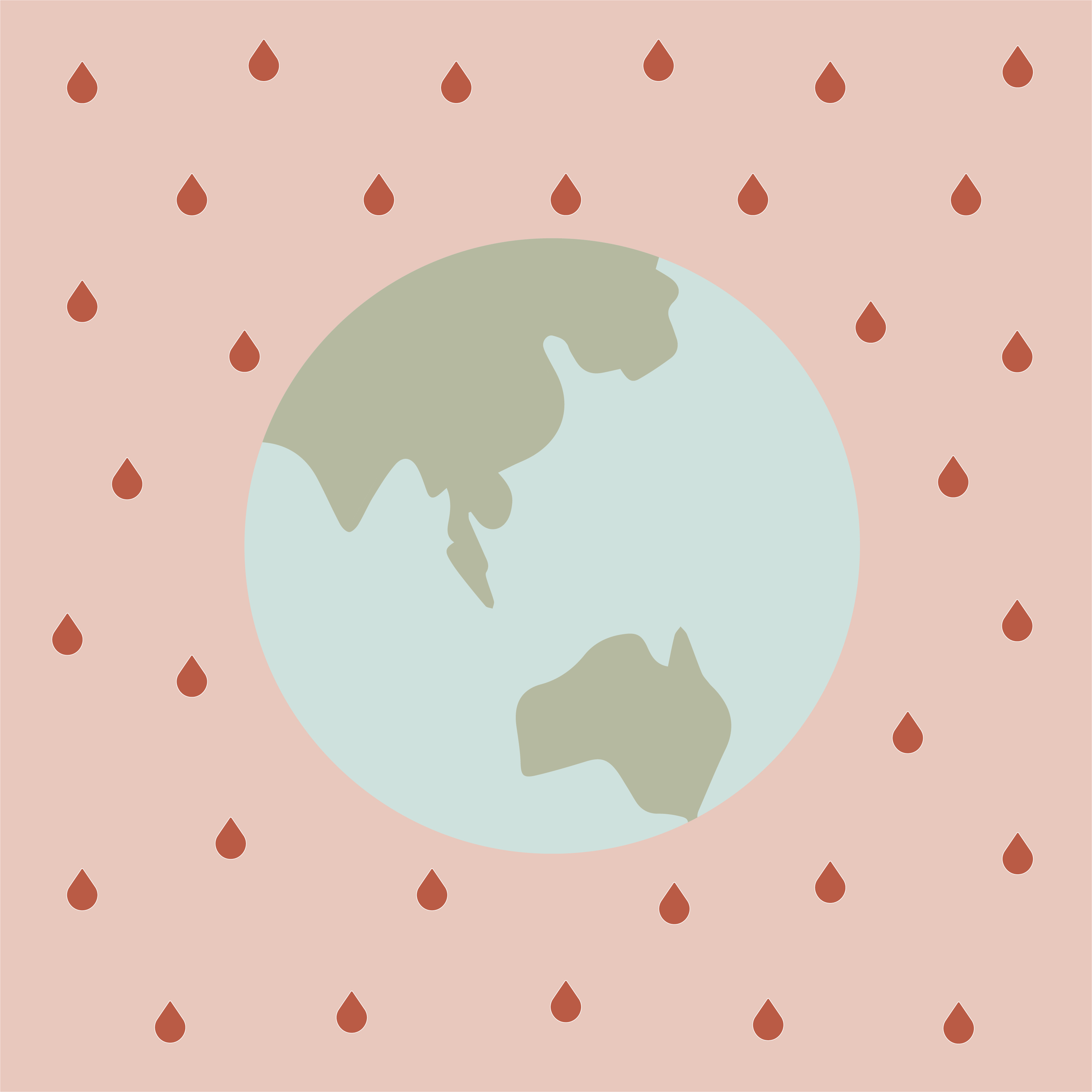
Jun 08, 2022
EXPLORING PERIOD CARE IN CULTURES AROUND THE WORLD
Our TOM Talks panelist Sabina McKenna explores how different cultures around the world approach period care.
Read More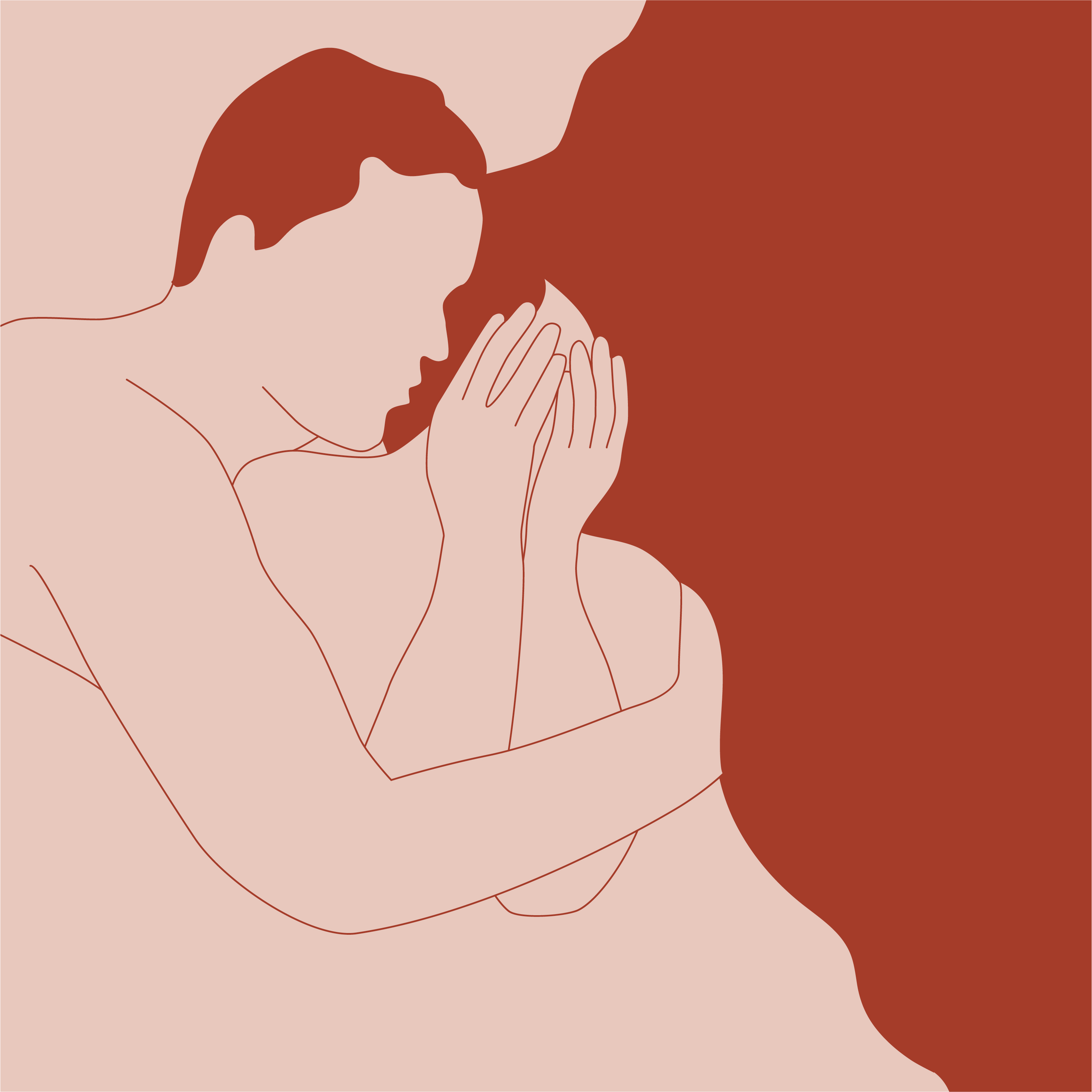
Jun 08, 2022
STOP APOLOGISING FOR HAVING YOUR PERIOD
Our TOM Talks panelist Mel Mason talks about the importance of not apologising for having your period.
Read More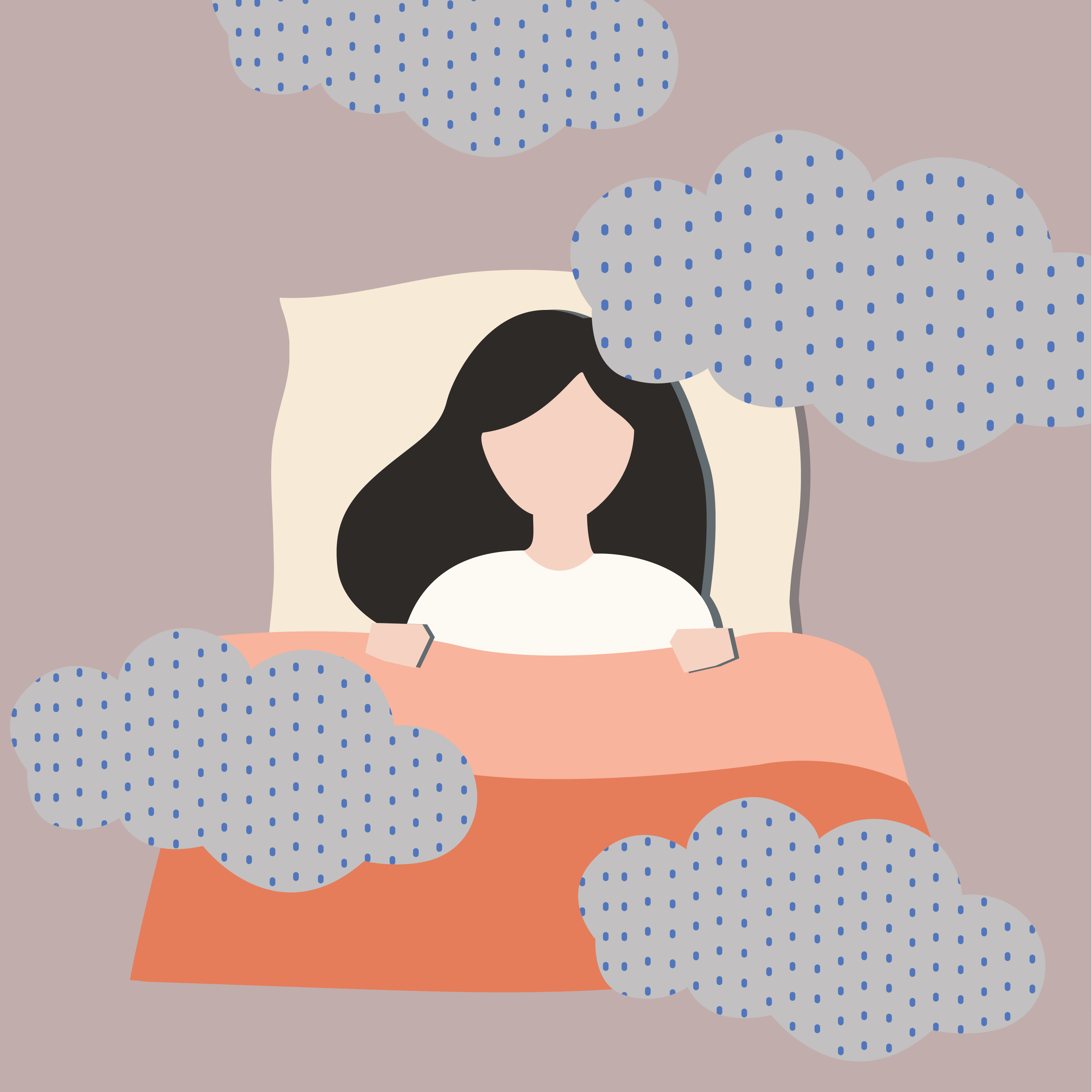
Jun 07, 2022
STRESSED? NOT SLEEPING? TRYING TO CONCEIVE?
TOM Talk's panelist Georgia Hartmann discussed the links between stress, sleep and fertility.
Read More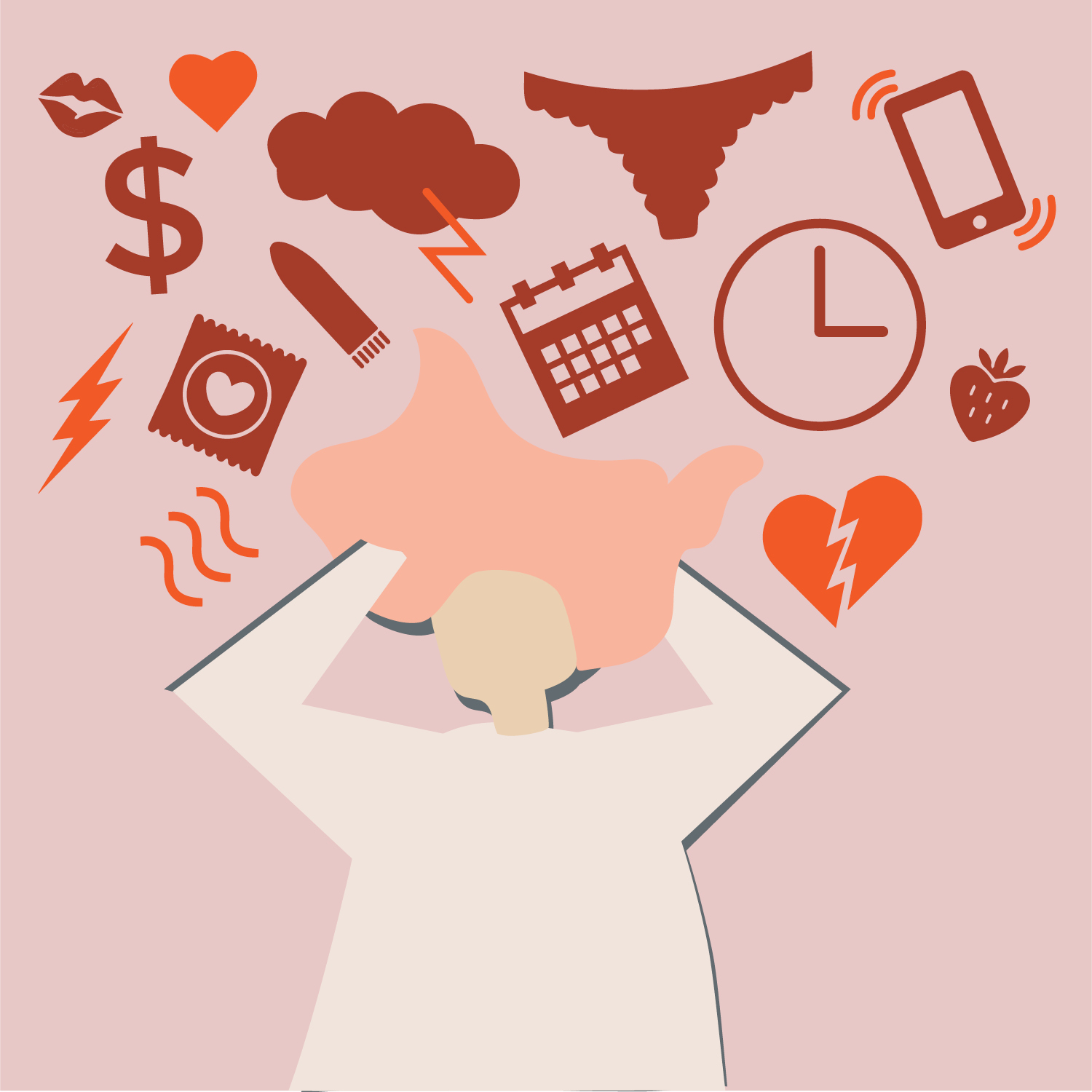
Jun 07, 2022
STRESS AND HOW IT AFFECTS YOUR SEX DRIVE
Certified sex coach Georgia Grace is here to unpack the link between stress and sex.
Read More
